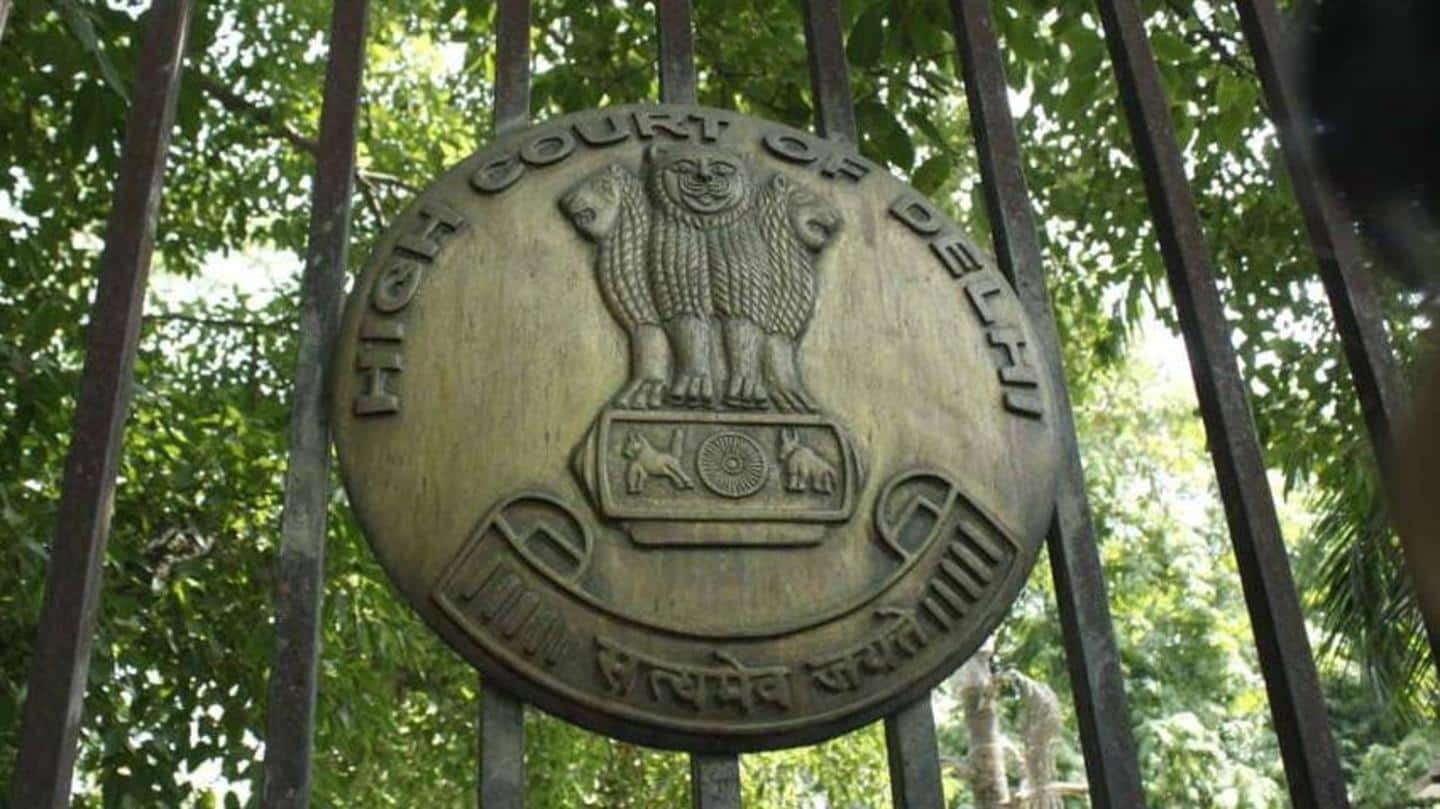HC allows 28 week pregnancy termination based on AIIMS report
What's the story
The Delhi High Court, on Monday, allowed a woman's plea to terminate her 28-week pregnancy after a medical board constituted by the All India Institute of Medical Sciences (AIIMS) said her fetus can be aborted as it suffered from anencephaly, a condition where the skull bone is not formed and was incompatible with life.
The court said a detailed order would be issued soon.
Examination
Bench permitted the medical termination of the woman's pregnancy
A bench of Chief Justice DN Patel and Justice Jyoti Singh permitted the medical termination of the woman's pregnancy based on the board's report and disposed of her plea.
On January 7, the bench had asked AIIMS to constitute a medical board to examine the woman and give a report by January 11 on the feasibility of terminating her pregnancy.
Challenge
Medical Termination of Pregnancy Act prohibits abortion after 20 weeks
The Medical Termination of Pregnancy Act of 1971 prohibits abortion of a fetus after 20 weeks of gestation. The woman had, therefore, also challenged the provisions of the statute which restrict abortions after 20 weeks.
She had contended that with advances in technology it was perfectly safe for a woman to abort a fetus at any point during her pregnancy.
Information
What did the woman's plea say?
According to the woman's plea, "An ultra-sonography at the gestational age of 27 weeks five days found that the fetus suffered from anencephaly (skull bone not formed) thereby making it incompatible with life."
Fetal abnormality
Woman contended some fetal abnormalities determined only after 20th week
She had also contended that determination of fetal abnormality in many cases can only be done after the 20th week.
She further contended, "By keeping the ceiling artificially low, women who obtain reports of serious fetal abnormality after the 20th week have to suffer excruciating pain and agony because of the deliveries that they are forced to go through."
Quote
'The ceiling of 20 weeks is arbitrary, harsh and discriminatory'
"The ceiling of 20 weeks is therefore arbitrary, harsh, discriminatory and violative of Articles 14 and 21 of the Constitution of India," the petition had claimed.
